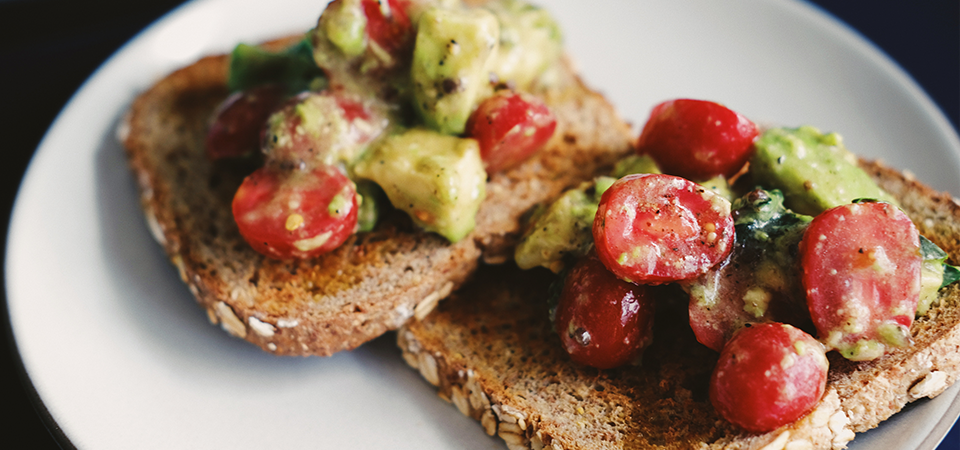Keeping our Mind Sharp with the Help of "Brain Foods"

The Student Health Center Nutrition Journal has covered a variety of topics including hydroponic gardening, creative cooking, food safety, nutrition and wellness during COVID-19, and eating well while remaining "safer at home."
In less than a month, the fall semester will begin, and I see it fitting that this week's topic is brain health. Brain health refers to the ability to remember, learn, plan, concentrate, and draw on information. We can throw in logic, judgment, perspective, and even wisdom. Research supports the link between eating certain foods and brain health.
What are these "brain foods?" We can begin with the simple category name: whole foods. A report in the journal Neurology found that a diet containing approximately one serving of leafy green vegetables per day may help keep the brain from cognitive decline.
A Mediterranean diet high in vegetables, whole grains, fish, nuts, legumes, and olive oil may correlate with higher cognitive function. This eating pattern contains more fruits and seafood and less dairy than a healthy U.S.-style eating pattern. To be clear, a modified Mediterranean style of eating can be supplemented with other forms of protein like eggs, poultry, lean meats, and even include sweets.
I have a few personal brain food favorites that are particularly nutrient-dense – providing the most nutrients within a given portion size. Good brain health depends on these nutrients.
Avocados
They provide dietary fiber, folate, Vitamin E, potassium, and Vitamin C. Avocados are incredibly popular. I have counted over 20 recipes just for avocado toast.
Simple Recipes:
- Avocado toast with goat cheese and sliced green onions
- Avocado toast with tomatoes – cut cherry tomatoes in half and place on top of avocado and drizzle with a vinaigrette or Italian dressing
- Avocado toast with Pico de Gallo or salsa
- Add ¼ cup of avocado to salads or sandwiches
Leafy Greens
They are an excellent source of nutrients, including folate, zinc, calcium, iron, magnesium, Vitamin C, and fiber. They have the potential to reduce the risk of chronic illnesses. Some of the most well-known leafy greens are kale, Swiss chard, collard greens, turnip green, and spinach.
Simple Recipes:
- Add to any salad or sandwich
- Spinach can be steamed or sautéed
Blueberries
One cup of blueberries contains 24% of a person's recommended daily allowance of Vitamin C. They contain a plant compound called anthocyanin. This gives blueberries their blue color and many of their health benefits.
Simple Recipes:
- Use them as fresh toppings on oatmeal, waffles, yogurt, or cereal
- Make quick and easy smoothies using frozen berries, milk or almond milk, and yogurt
- Add to salads, muffins, and sweetbreads
Nuts and Seeds
Nuts contain components of heart-healthy monounsaturated and polyunsaturated fats, plant-based protein, fiber, vitamins, minerals, and phytochemicals. These nutrients are found to be beneficial to brain health – better cognition. What makes trail mix so satisfying? It has a high satiety level, which means it keeps us from getting hungry for a while.
Simple Recipes:
- Add to a salad or stir fry
- Use to sauce desserts
- Eat them by themselves
Please let us know if you have any favorite avocado recipes or have found creative ways to incorporate any of these brain enhancing foods by sending us a direct message on Instagram.
Our next journal entry will discuss the most popular "superfoods."